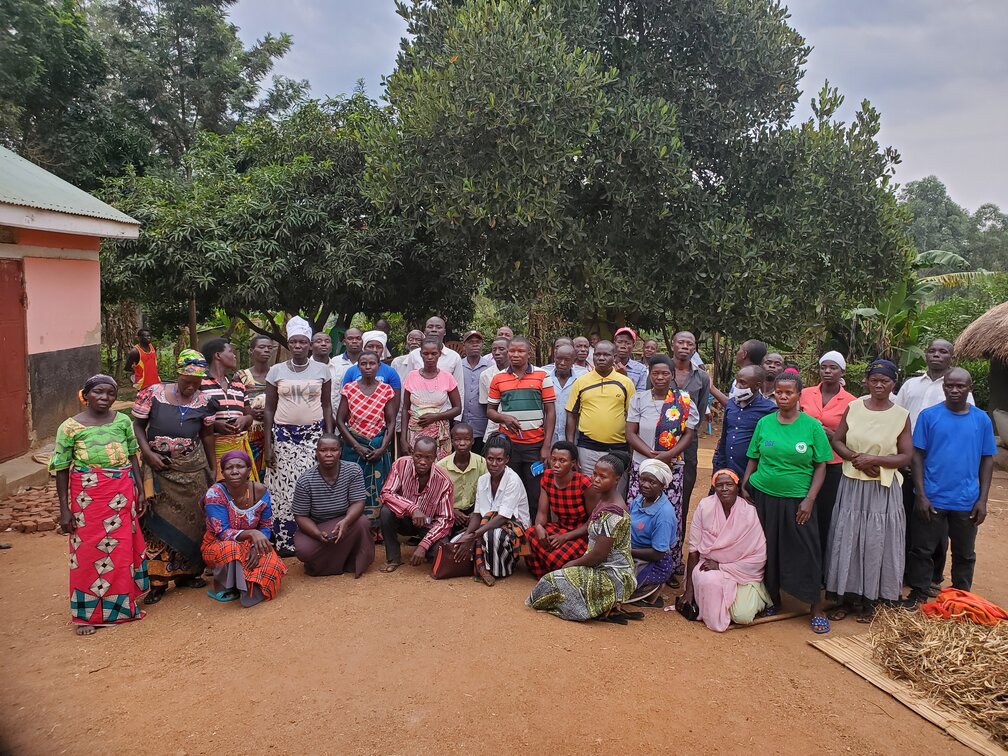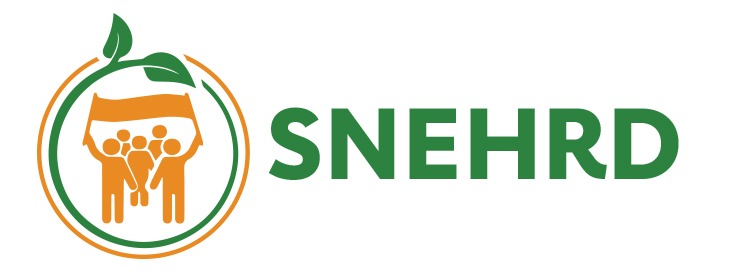
At SNEHRD, we focus on enhancing the skills and knowledge of grassroots Environmental and Human Rights Defenders (EHRDs) through comprehensive and targeted training programs. These programs are meticulously designed to address the multifaceted challenges that EHRDs face, particularly in regions where civic space is restricted. Our training initiatives encompass three critical areas: security, legal empowerment, and monitoring and reporting.
Our security training programs ensure that EHRDs can carry out their work safely and effectively, covering both physical and digital security measures. EHRDs are often at risk while conducting fieldwork in volatile environments, so we provide practical strategies for avoiding and de-escalating dangerous situations, understanding risk assessment, and implementing personal safety protocols. In an era where cyber threats are prevalent, it is essential for EHRDs to protect their online presence. We offer training on how to secure communications, safeguard sensitive information, and use digital tools safely. This includes instruction on encryption, secure data storage, and recognizing phishing and other cyber-attacks.
Legal EmpowermentUnderstanding and navigating legal frameworks is crucial for EHRDs to advocate effectively for their causes. Our legal empowerment training includes education on their fundamental rights under national and international laws, covering environmental laws, human rights treaties, and the mechanisms for legal protection available to them. We provide training on how to engage with legal systems, including filing complaints, seeking legal redress, and using litigation as a tool for advocacy. This empowers EHRDs to challenge injustices and hold perpetrators accountable.
Monitoring and ReportingAccurate and credible monitoring and reporting are vital for documenting abuses and advocating for change. Our programs focus on training EHRDs in effective methods for gathering evidence and documenting human rights and environmental violations. This includes techniques for interviewing witnesses, collecting physical evidence, and using technology for data collection. We teach EHRDs how to compile and present their findings in reports that can be submitted to local authorities, international bodies, and the public. This includes training on writing clear and impactful reports, using visual aids, and leveraging media and social media platforms to amplify their message.
